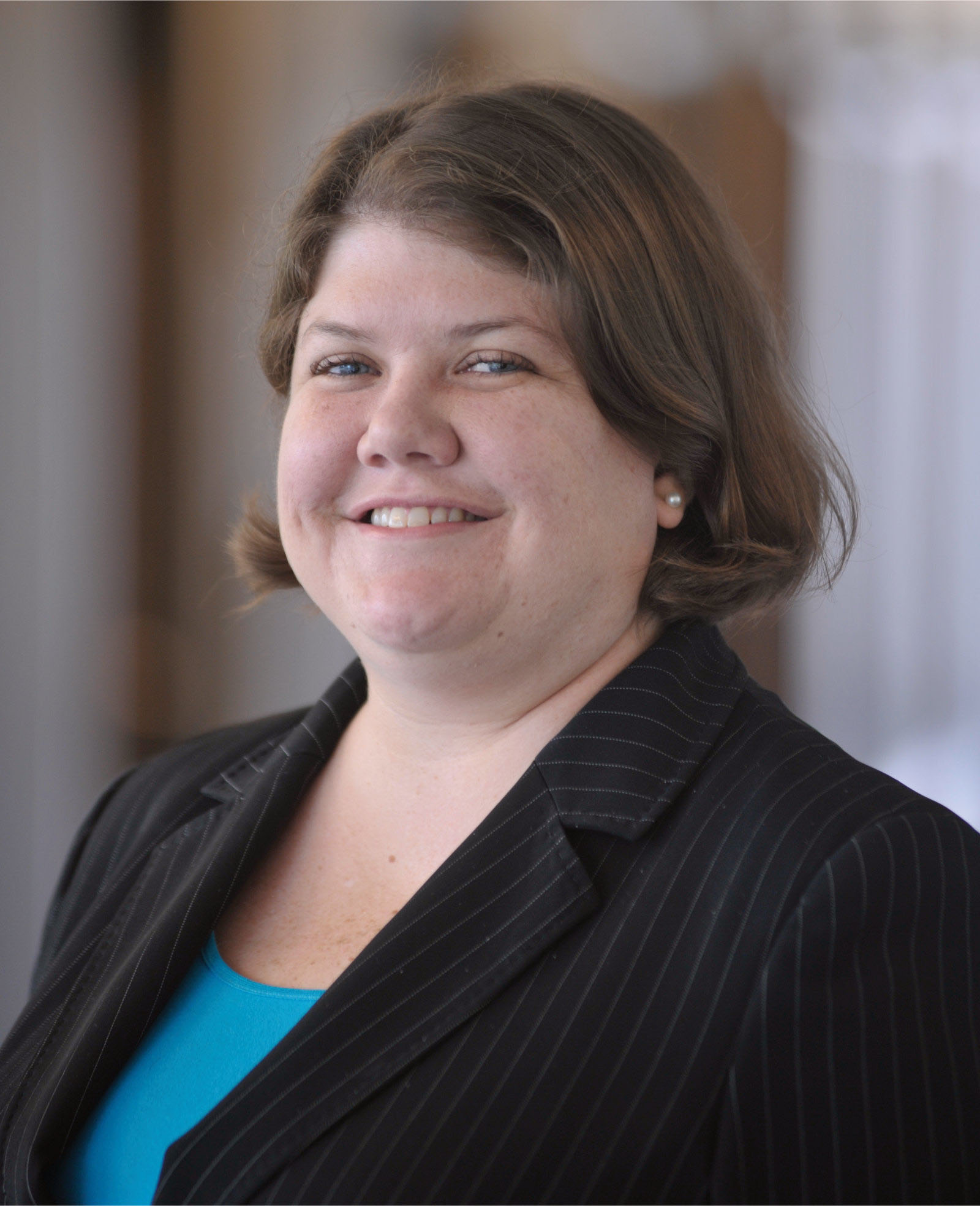Age at School Entry: How Old is Enough?
February 2, 2017
Elizabeth Dhuey
Discussions on school-entry age center on two important questions. What is the optimal age for children to begin school? And, given a particular
jurisdiction’s mandated school-entry age, at what age should an individual
child begin school? The first is a policy question that is relevant for a
society; the second question is relevant to a particular family.
Governments often mandate the school-entry age. However, many jurisdictions offer some latitude to a particular child, regardless of the legislated age. In some countries, such as the US, it is becoming conventional wisdom that to succeed in school, children need to be older when they start. So, if a child happens to be born in a month that would have them younger when entering school, their parents will often hold them back another year. Also, each year before the start of school, the popular media publish articles on the question of whether children should be held back a year longer. As more parents are waiting an extra year to enroll their children in primary education, the question of whether a late start is indeed a smarter start becomes increasingly important. In addition, more jurisdictions are moving their school-entry age cut-off dates. In some, children are older when they begin school; in others, they are starting at younger ages. All of this leads to the same question: Does the school-entry age matter?And if so, how much?
Bio
Elizabeth Dhuey is an Associate Professor of economics at the University of Toronto. She holds appointments at the Department of Management at UTSC and the Centre for Industrial Relations and Human Resources. She is also affiliated with the School of Public Policy and Governance and holds a cross-appointment in the Department of Economics. She is also an adjunct Associate Professor at the Department of Economics at McMaster University. Elizabeth received her B.A. from the University of Colorado, Boulder in 1999. She received her M.A (2002) and PhD (2007) in economics from the University of California, Santa Barbara.
Elizabeth’s research focuses on the economics of education and in particular, the early years of children’s development. She has written articles on the effect of age at school entry on later academic and labor market outcomes. In addition, she has researched the effect of fiscal incentives in state funding formulas on special education identification and placements and the effects of school principals on student achievement. Her current research focuses on programs and interventions and their effects on early child development.
Her research has been published in top economics and education journals such as the Quarterly Journal of Economics, Journal of Human Resources, Education Finance and Policy, Educational Evaluation and Policy Analysis, and the Economics of Education Review. It also has been cited by the popular press, including The New York Times, in the book Outliers by Malcolm Gladwell and has appeared on 60 Minutes.
